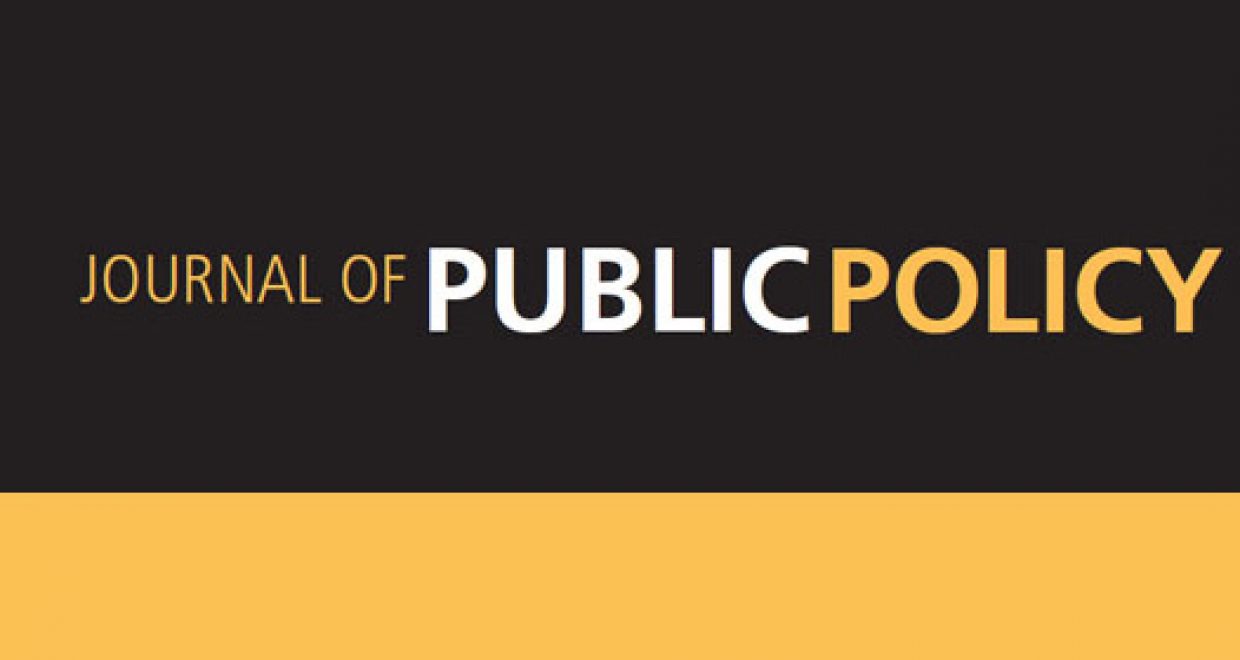On time or with a delay? Transposition of EU directives in the Czech Republic in relation to subsidiarity check
National parliaments had been for long time losers of European integration with only very limited competences of information on new EU initiatives and of rubber-stamping transposition law compared to the national governments, which often negotiate EU law at the supranational level and propose its transposition acts at the national level. Lisbon Treaty gave national parliaments additional powers to check new EU legal drafts whether they comply with subsidiarity principle and there was a normative assumption (Fromage 2020) that such ex ante role can positively affect the ex post role of the parliaments in timely and correct transposition.
Several previous works have already tested, theoretically or empirically, how the earlier involvement of the parliament in EU policy-making by mandating or scrutinising the government before the negotiation in the EU Council of ministers influences parliamentary role in transposition. No one has, however, applied to these policy processes the early warning mechanism (EWM) for subsidiarity control or political dialogue (PD), which national parliaments regularly lead with the European Commission on the latter´s initiatives, and tried to empirically examine how this ex ante participation of the parliament affects its ex post involvement in transposition compared to the government.
In our manuscript published in the Journal of Public Policy, we analysed this puzzle on the comparative case study of negotiating and transposing six EU directives, of which three were transposed on time and other three from the same policy areas not in the Czech Republic. We found that the EWM or PD is not sufficient for timely transposition – contrary to our expectation, in cases where at least one of the two Czech parliamentary chambers sent its opinion on the legislative proposal within the EWS or PD, delayed transposition later occurred.
The reasons might be three-folds, based on previous works. Firstly, legislative characteristics play their role – directives that were new and complex in terms of number of recitals can be generally difficult to transpose into national legal system regardless of the ex ante involvement of the parliament and thus they sometimes need more time than the transposition deadline allows. Secondly, the parliamentary structure necessary for connecting ex ante and ex post stages of EU policy-making seems not to be appropriate in the Czech Republic. Thirdly and most importantly, the government still plays first fiddle in EU policy-making processes both at the European and national level. It is the government that negotiates EU law in the EU Council and then proposes the transposition law at home, which seem to be time-consuming and not obviously handled by relevant tools in the Czech Republic that would ensure timely transposition.
Besides, the political dimension of EU policy-making and transposition, in terms of the relationship between coalition and opposition parties and their attitudes toward the EU, appeared to be only marginal, which is also in contrary to the expectation of politicization of EU affairs in national parliament and government, especially in the Central and Eastern European countries.
Despite the limited number of cases and unsatisfactory results, we can conclude that the administrative dimension of the EU policy-making and transposition at the parliamentary as well as government level seems to play crucial role and would thus further require more attention in connecting ex ante and ex post policy-making of EU law. In addition, more various cases in terms of complexity, novelty and decision-making procedures of EU directives involved, other countries with similarly active national parliament in the EWM/PD and with better compliance rate, as well as different explanatory factors and more systematic quantitative approach of analysis shall be desirable to focus on in order to strengthen or disapprove the presented results.
– Pavla Hosnedlová, Masaryk University
– Markéta Pitrová, Masaryk University
The author’s Journal of Public Policy article is available Open Access here.






